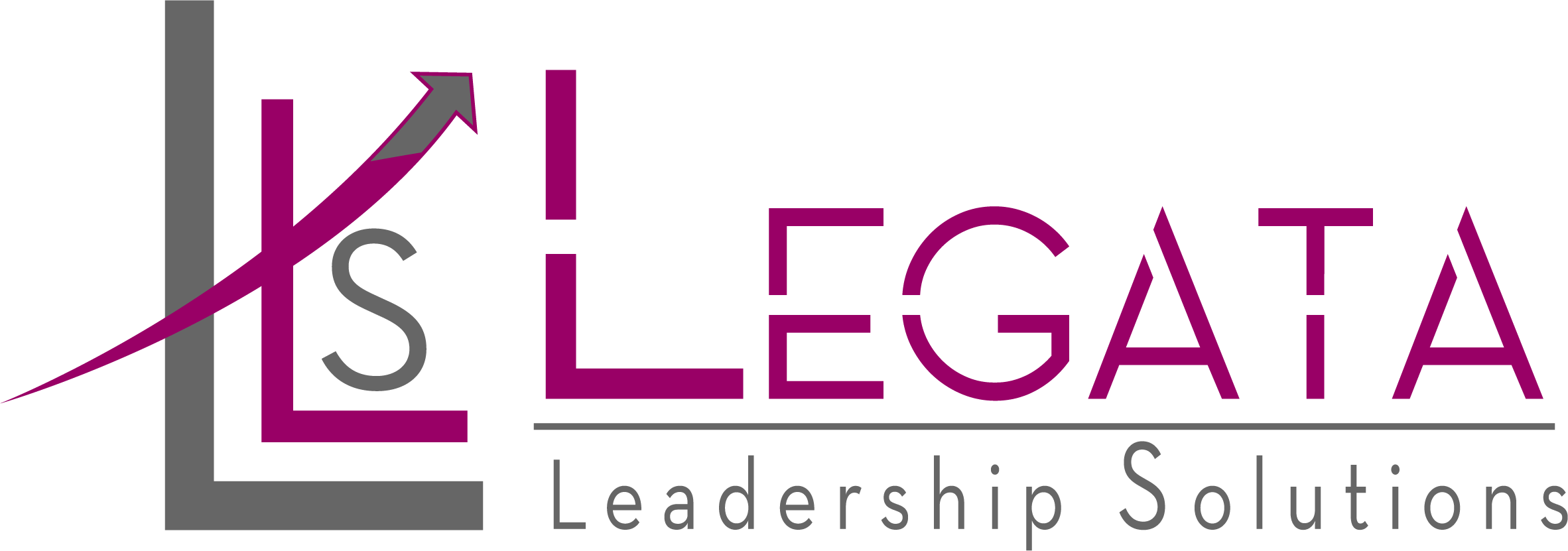On any random day, ask ten people in the office how they are doing. Odds are that at least five of them will respond with “busy.” It’s a common response, but it’s a wildly uninspiring one. Here are a few reasons why:
- It does nothing to support your strategic focus.
Saying “I’m busy” can give the impression that you lack strategic focus and effective time management skills. It might suggest that you are overwhelmed, which can be perceived as poor organization rather than a badge of honor. When leaders say they are busy, it may indicate that they are juggling multiple tasks without clear goals or priorities. This can lead to squandered energy and a lack of meaningful progress. - It shuts down communication.
The messages behind “I’m busy” are “I don’t have time” and/or “I don’t have the bandwidth.” If an employee or colleague wants to openly communicate with you, collaborate with you, and share information, they need your active participation in that process. Declaring your busyness only sends a message that you’re not able to participate. - It negatively impacts the work culture.
In some organizations, busyness is erroneously equated with productivity. This can lead to a culture where employees feel pressured to appear busy, even if they are not doing the highest-value activities. Additionally, it communicates that busyness is valued over well-being and balance. Leaders should role-model a healthy work-life balance and prioritize well-being.
There are more constructive responses. The next time someone asks you how you’re doing, try some alternate responses:
- Tell them what you’re excited to be working on.
- Share a recent achievement that you’re proud of.
- Talk about what you’re grateful for (a sunny day, their partnership, a great lunch, etc.).
- Say you’re well and ask about them.
The bottom line is that we want employees to be productive and make meaningful contributions. Therefore, as leaders, we should demonstrate that we value productivity and results, not activity and busyness. The first and easiest way to role-model that is to stop using “busy” as our go-to response when asked how we’re doing.

